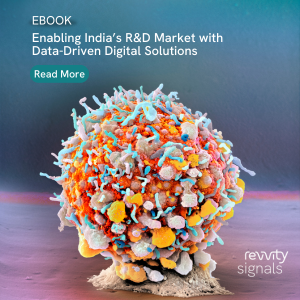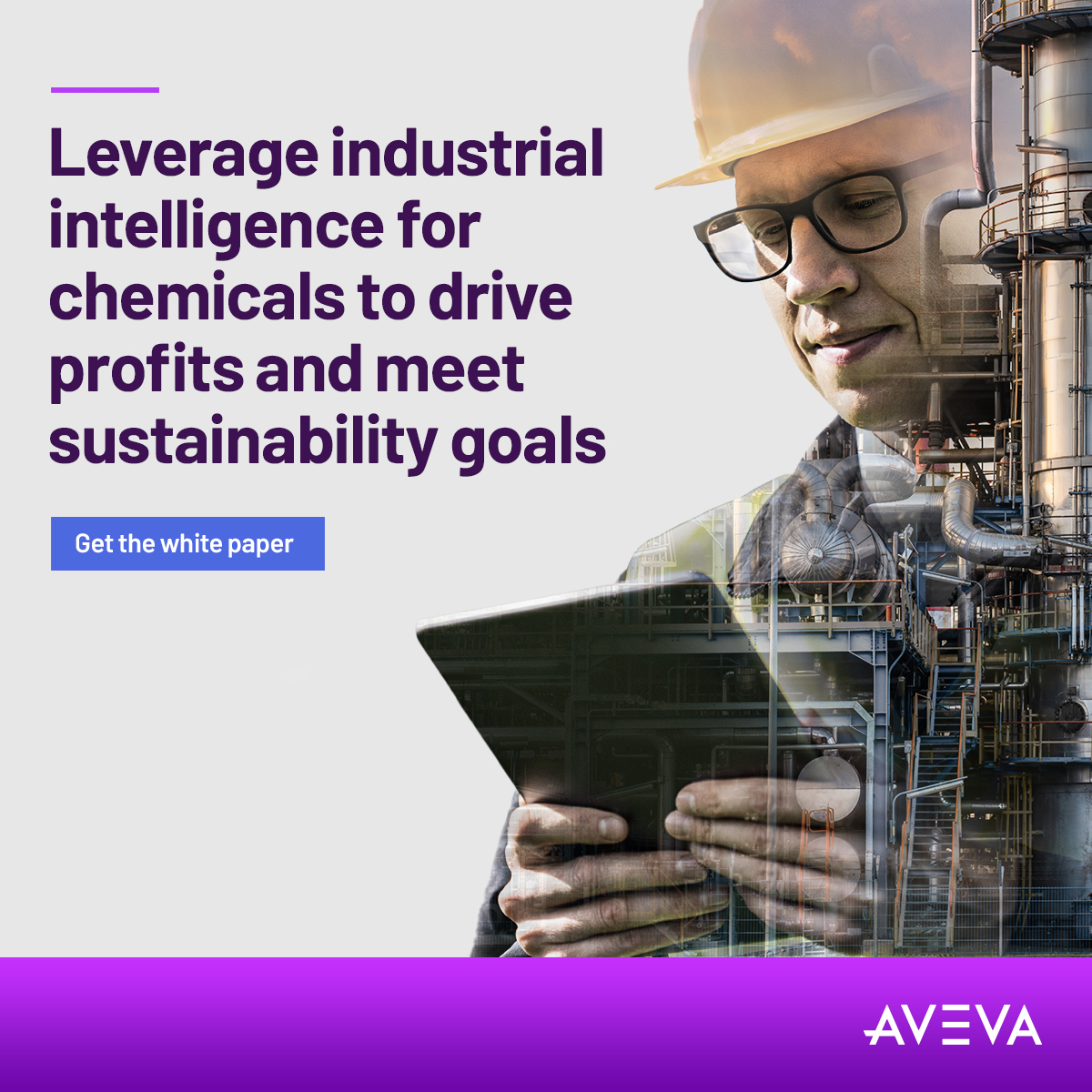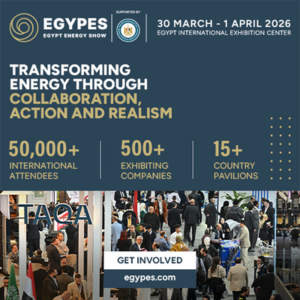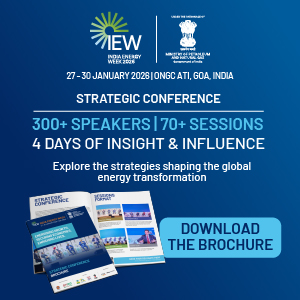Gallery
August 20, 2022
We are providing solutions for solid-liquid equipment's and dryers, says Francois Fevrier, Global Sales Director - Chemicals, Andritz Separation
Interview with Francois Fevrier, Global Sales Director - Chemicals, Andritz Separation
August 19, 2022
We are developing digitalisation led solutions for process industry, says Neil Davies, Director of Industrial Business Development, Industrial Technologies, NOV
Interview with Neil Davies, Director of Industrial Business Development, Industrial Technologies, NOV
August 19, 2022
We are building up first upgradation of hydrogen to a fuel cell grade, says A.K. Tyagi, Managing Director, Nuberg Engineering Ltd.
Interview with A.K. Tyagi, Managing Director, Nuberg Engineering Ltd.
August 16, 2022
We are a leading global player in industrial process solutions, says Kumar Swamy, MD, IPCO India
We are a leading global player in industrial process solutions, says Kumar Swamy, Managing Director, IPCO Process & Belt Technology India Pvt. Ltd.
August 16, 2022
We develop multiple effect evaporator plants for process industry, says Ketav Patel, Director, Ketav Consultant
Interview with Ketav Patel, Director, Ketav Consultant
August 10, 2022
We are deploying IIoT based sensors for tracking product downtimes, says Deepak Sivanandan, GM/Head of Industrial IoT, APAC Region, Flowserve Corporation
Interview with Deepak Sivanandan, GM/Head of Industrial IoT, APAC Region, Flowserve Corporation
August 10, 2022
We are a leading player in drying technology equipment's, says Anand Thigale, CEO - Sales & Marketing, Saka Engineering
Interview with Anand Thigale, CEO - Sales & Marketing, Saka Engineering (P) Ltd.
August 08, 2022
We have been constantly investing on R&D to help our customers, says Sankar Selvaraj, Director, Solution Consulting - APJ, Manufacturing & Supply Chain, AspenTech
Interview with Sankar Selvaraj, Director, Solution Consulting - APJ, Manufacturing & Supply Chain, AspenTech
August 08, 2022
NextGen 2022 : Specialty Chemicals: On Fast Track
NextGen 2022 : Specialty Chemicals: On Fast Track
August 07, 2022
NextGen 2022 : Agrochemicals: Looking for a Balanced Growth
NextGen 2022 : Agrochemicals: Looking for a Balanced Growth


















